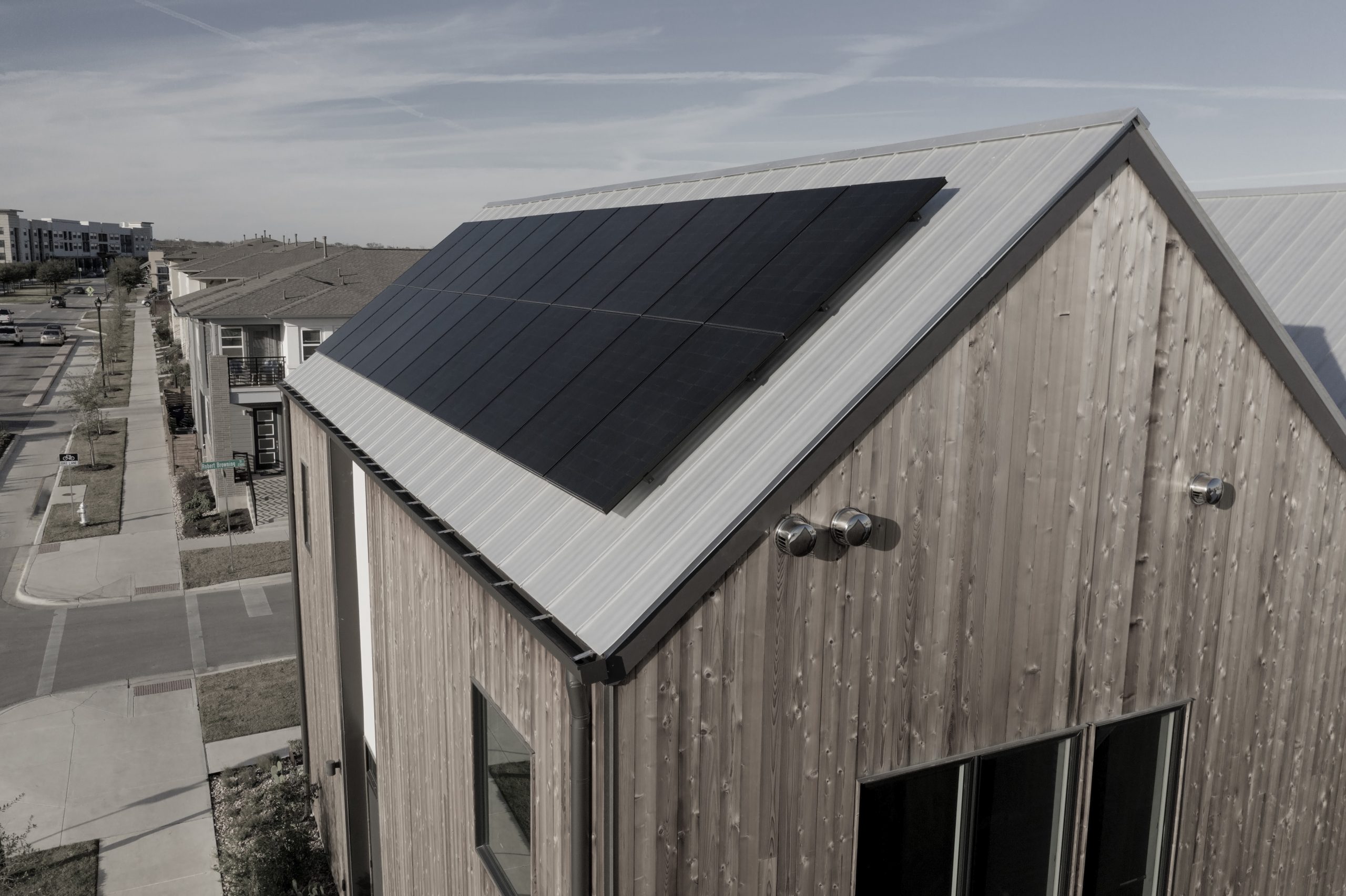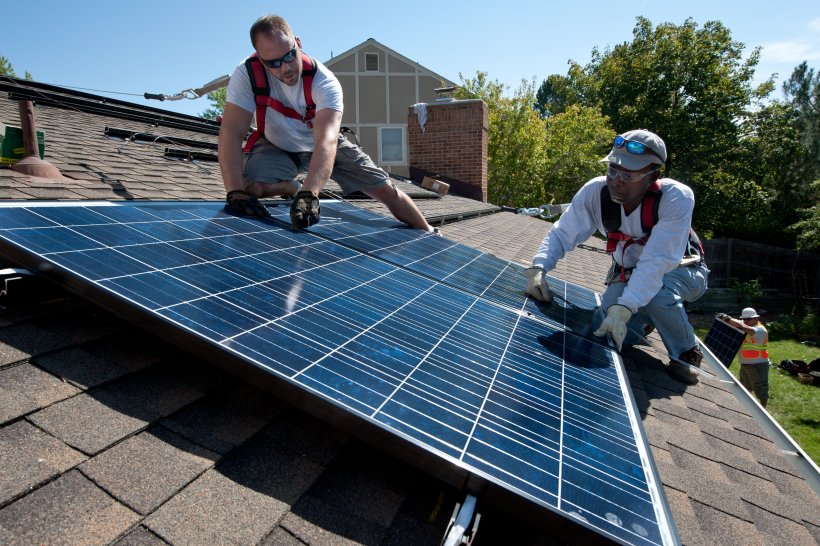If you’re considering installing a solar energy system for your home or business, one important factor to consider is the electrical panel. The electrical panel, also known as the breaker box, is the hub that controls the flow of electricity throughout your home or building. Understanding how it affects your ability to go solar is crucial in ensuring a smooth installation process.
Here are some ways your electrical panel can affect your ability to go solar:
- Capacity: Your electrical panel has a certain capacity, which is determined by the size of the panel and the amperage of the main breaker. If your panel doesn’t have enough capacity to accommodate the additional power generated by your solar system, you’ll need to upgrade your panel. This is especially important if you have an older home or building with an outdated panel.
- Age: The age of your electrical panel can also be a factor. If it’s more than 20 years old, it may not be able to handle the additional power generated by a solar system. Older panels may also have safety issues, such as loose connections or outdated components, that can make it difficult or impossible to connect a solar system.
- Condition: The condition of your electrical panel is also important. If it’s damaged, corroded, or otherwise compromised, it may need to be replaced before a solar system can be installed. An experienced solar installer will assess the condition of your panel and let you know if any repairs or upgrades are necessary.
- Location: The location of your electrical panel is also a consideration. It needs to be easily accessible and located in a place that allows for the installation of the solar system’s components, such as the inverter and monitoring equipment.
- Compatibility: Your electrical panel also needs to be compatible with the solar system you plan to install. For example, if you’re installing a microinverter system, your panel needs to be able to accommodate the additional circuits required by the microinverters.
In conclusion, your electrical panel plays a crucial role in your ability to go solar. It’s important to have an experienced solar installer assess your panel and ensure it’s compatible with the solar system you plan to install. Upgrading or replacing your panel may be necessary, but it’s a worthwhile investment to ensure a safe and efficient solar installation.










